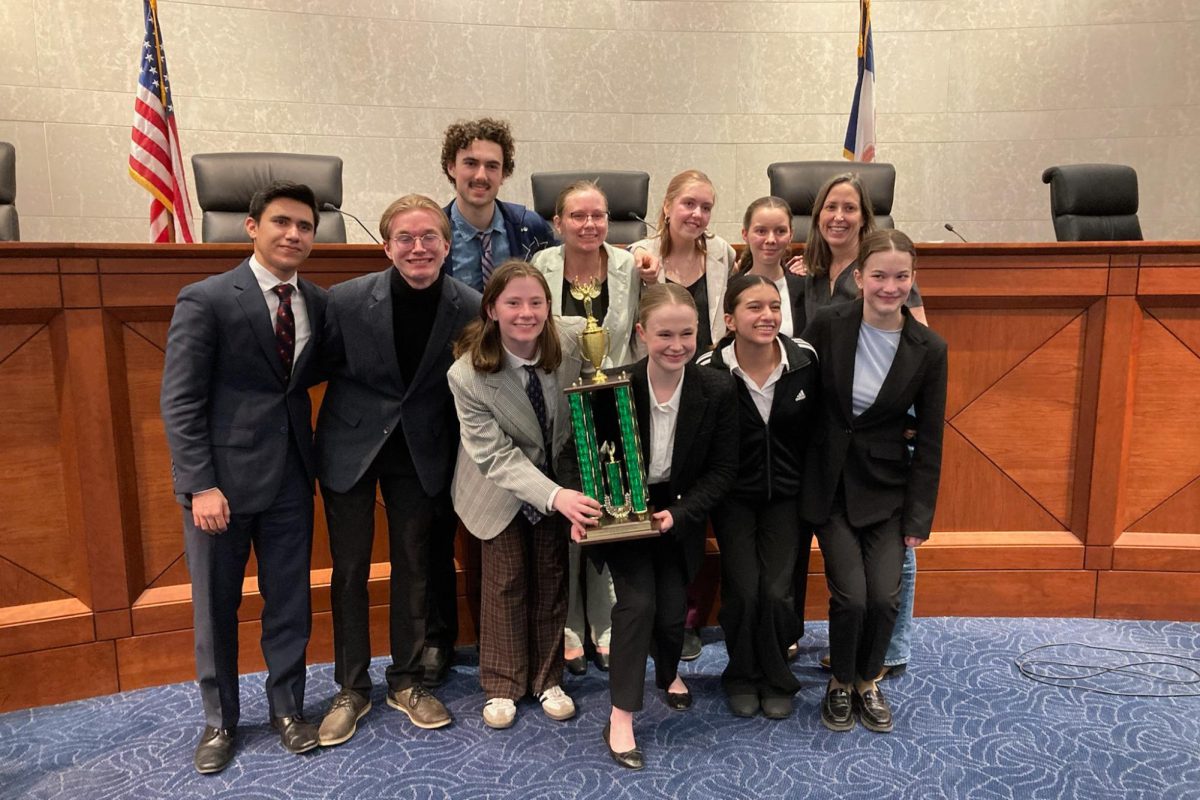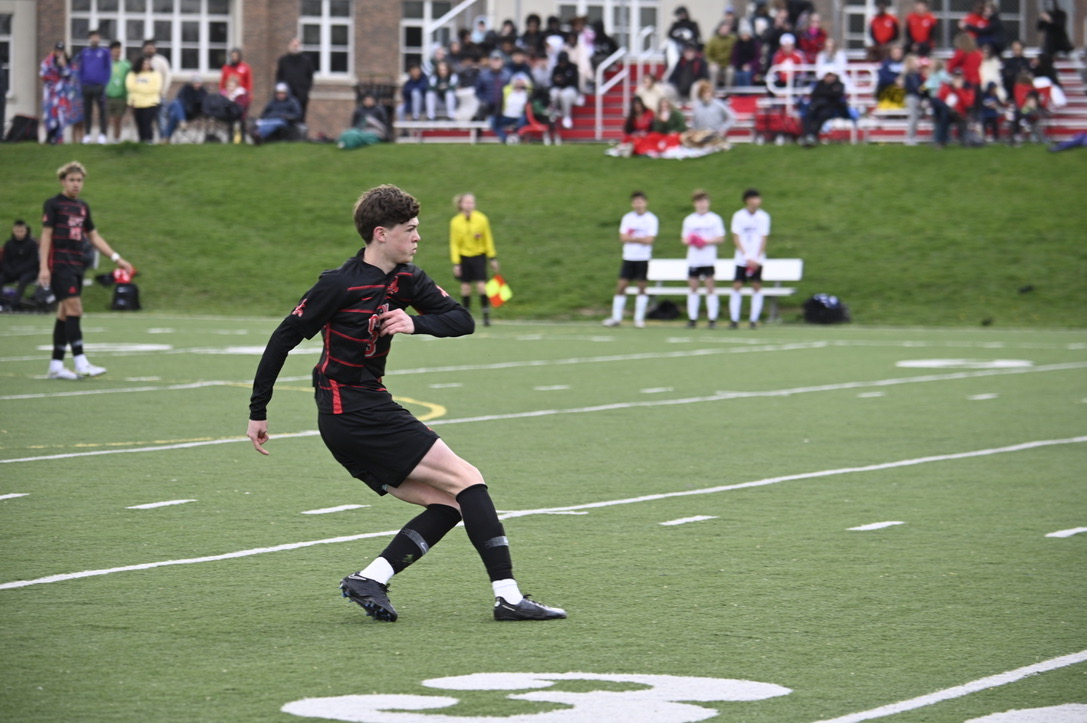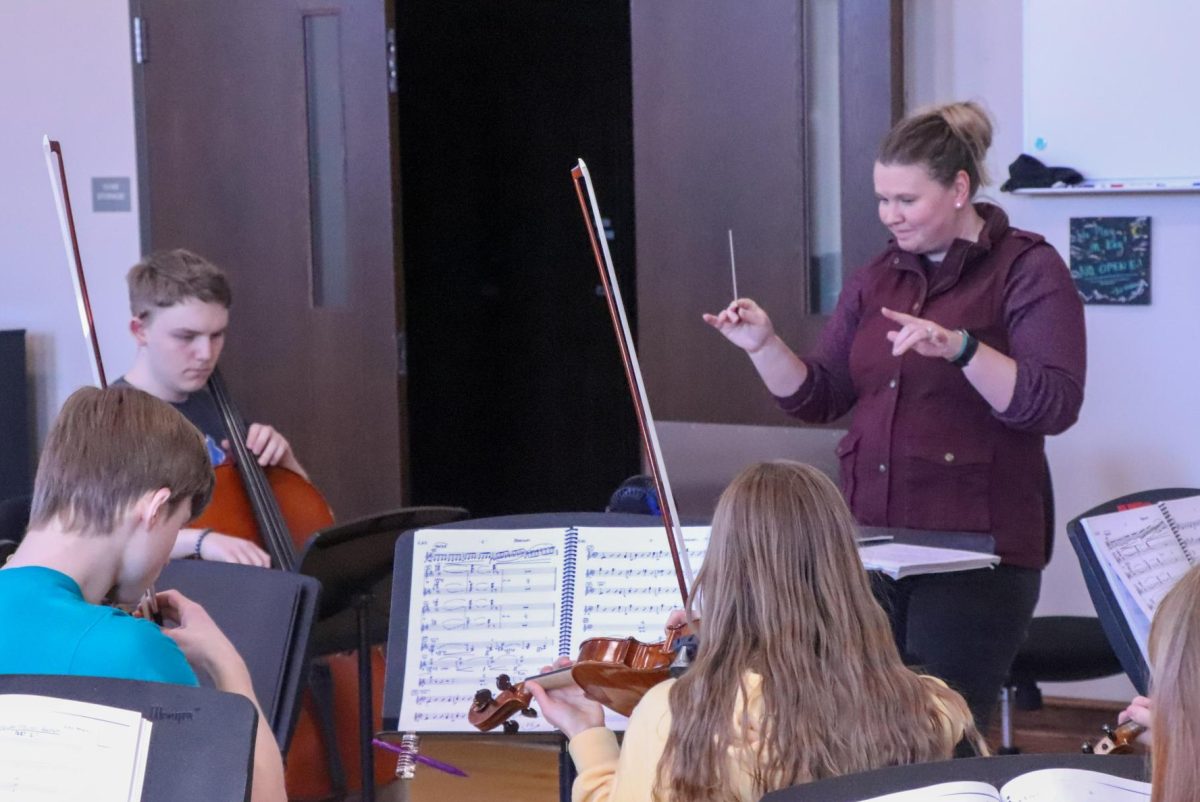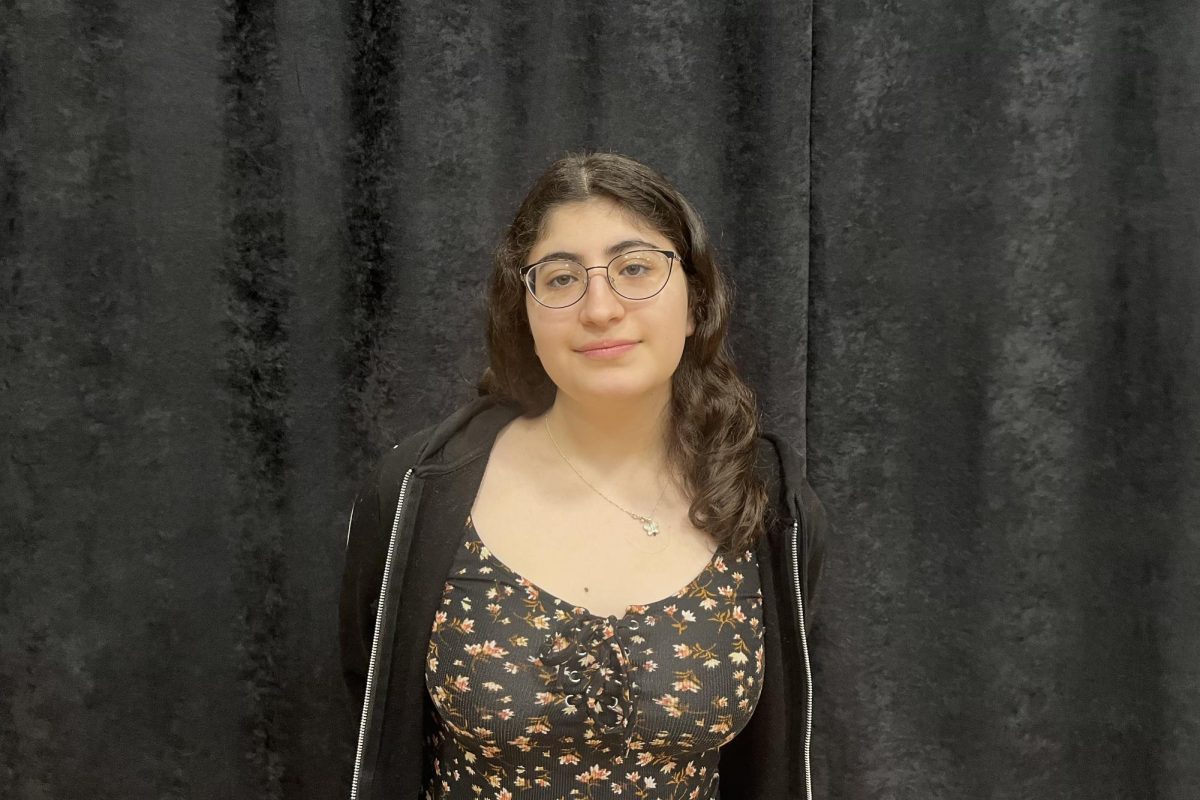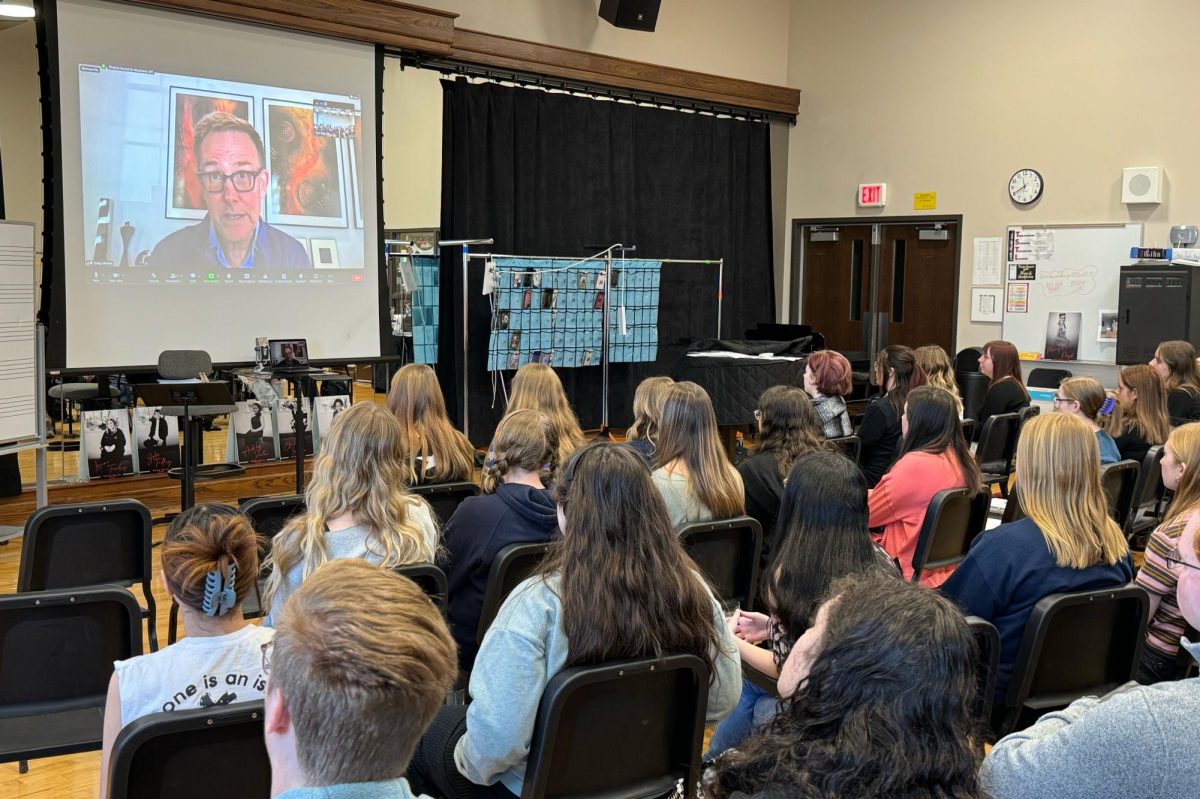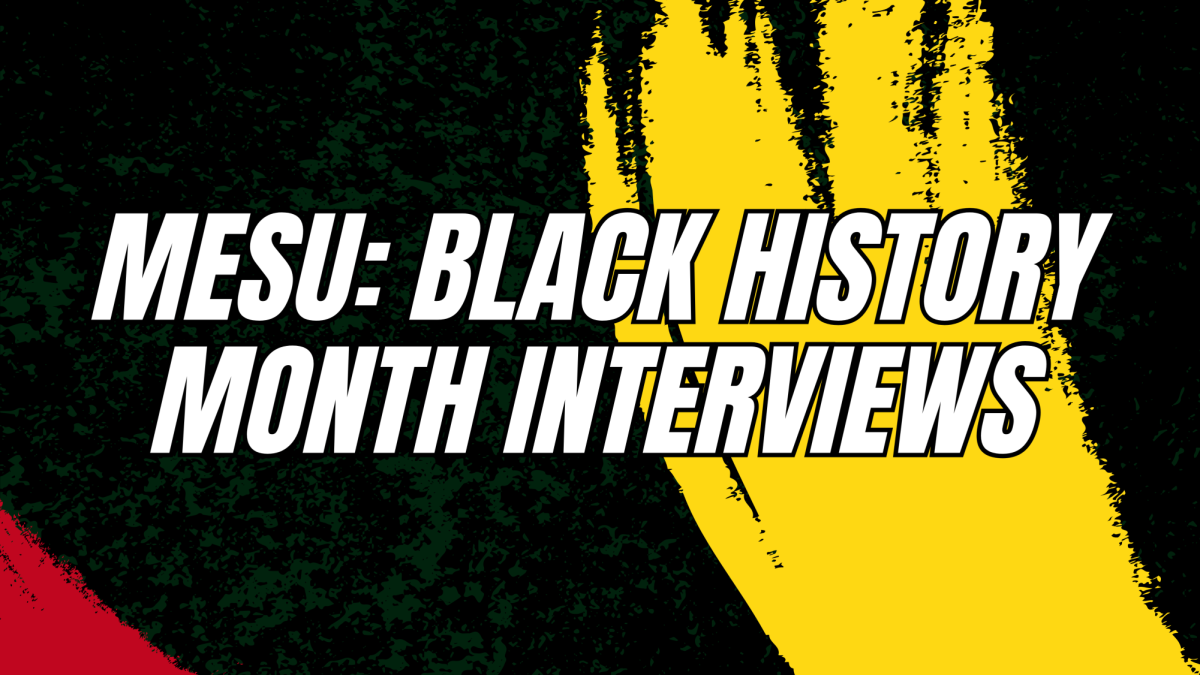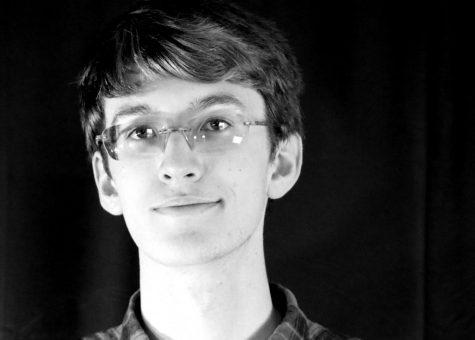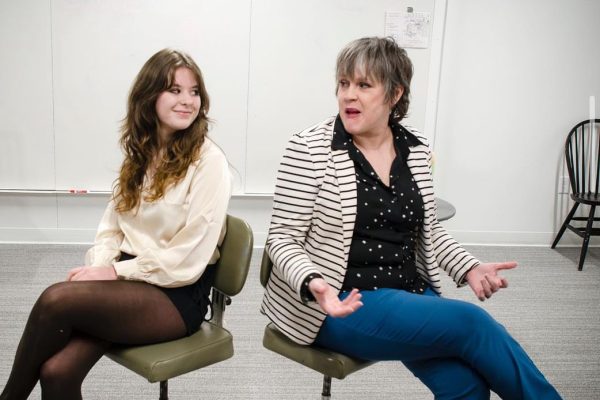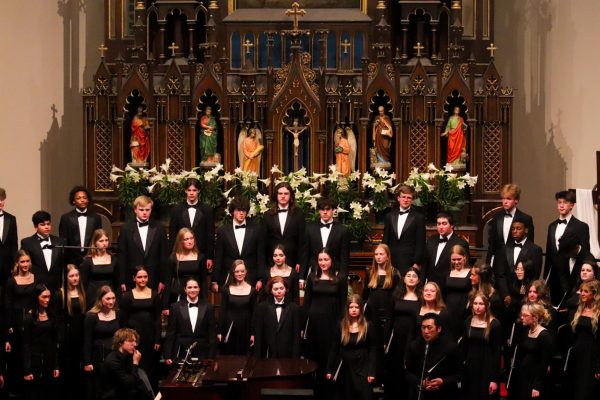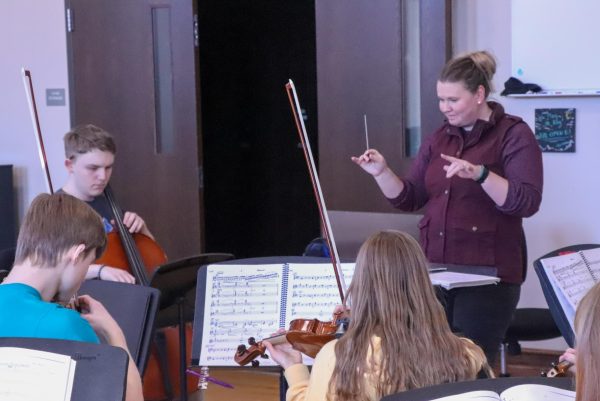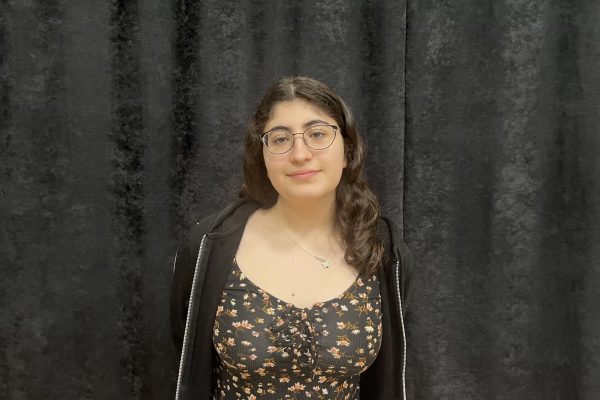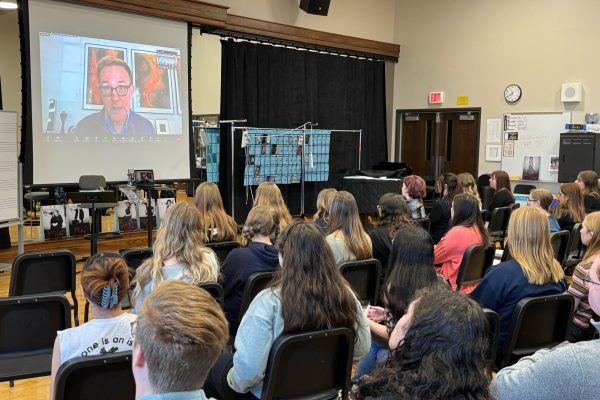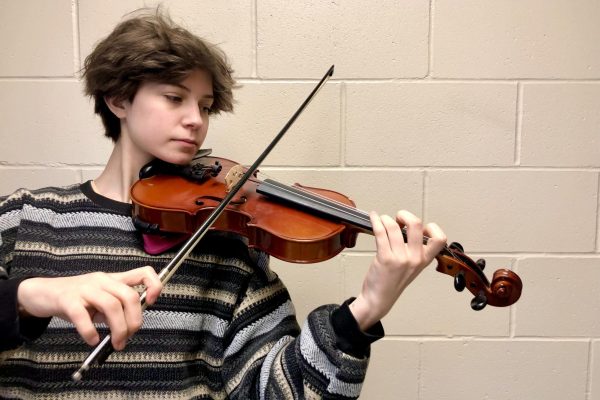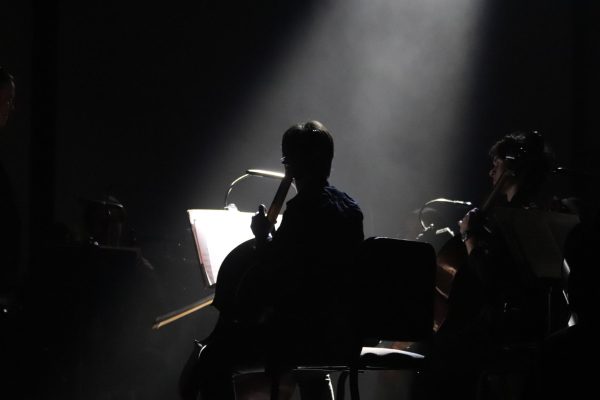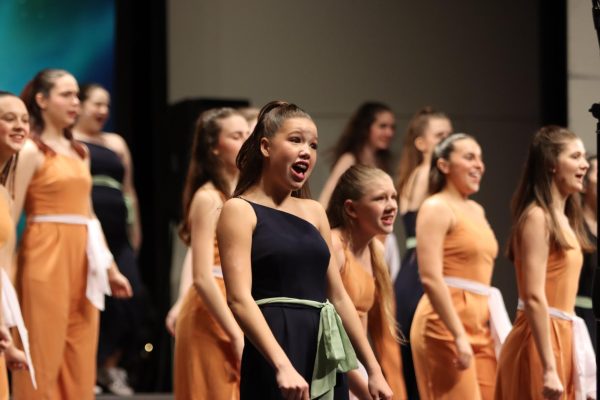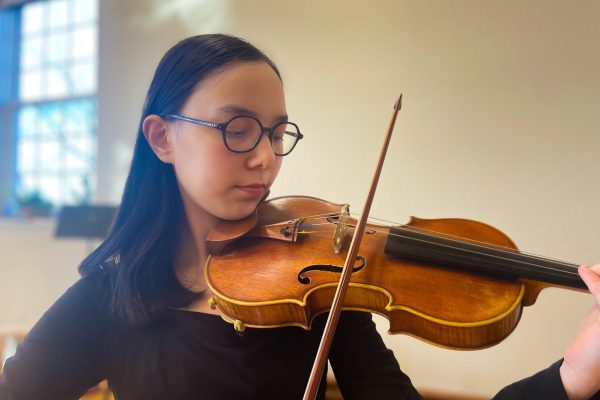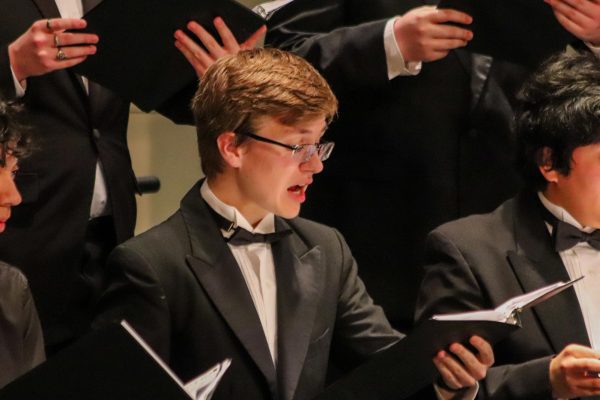A Return to the Old Ways: How Literature is Changing
November 10, 2017
Kazuo Ishiguro’s victory in the 2017 Nobel Prize in Literature was a safe, conventional choice from an award that has frequently come under scrutiny for using its power as influence on politics. Bob Dylan won in 2016, during a global political swing to the right, illustrating the Nobel Prize Committee’s anti-globalist agenda by calling back to Bob Dylan’s protest songs in the 60s. But past the politics, Bob Dylan raised a larger question: Is all music literature?
The first step in answering this question is defining literature. That in itself is a deeply complicated question that warrants an entire article on its own. But loosely, literature is defined as a work whose words speak for a generation’s philosophy and personality, or explore timeless themes of the human psyche from a new perspective.
A less prestigious, yet no less evident example is the Indigo Girls. They are inspired by Plato, Socrates, Galileo, and a range of other philosophers. Their song Closer to Fine speaks plainly and obviously about mortality and questions the meaning of life. It’s only a few minutes, but it’s no shallower than H is for Hawk by Helen Macdonald. The Indigo Girls’ song Galileo is about growing up and overcoming childish fears, no less insightful than The Catcher in the Rye by J.D. Salinger. Slightly more mainstream is Bruce Springsteen. His signature song, Born to Run directly addresses a “runaway American dream” as easily as The Great Gatsby by F. Scott Fitzgerald.
The point still stands though; music is not the same thing as a book. Literature is on paper. Literature has exclusively referred to books for hundreds of years. Leaving the old ways could result in literature losing its meaning.
That’s a logical response. But this idea excludes Shakespeare’s stories and themes–they were were acted out on a stage, and Shakespeare is the undisputed king of literature. Even further back than Shakespeare, ancient bards and storytellers sang stories around low-burning campfires, or in quiet mead halls. No one is disputing whether or not Beowulf is literature, and it was originally told by the Norwegian skalds.
Hinduism, the oldest religion still practiced internationally, originated in Vedic chants from the Brahmin. The Vedas are hymns describing lore, history, and most importantly, telling stories. They were written down later in the Mandalas, books making up the 10-part series known as the Rigveda, around 3,000 years ago. The main text is the Mahabharata, written in the 8th and 9th centuries. It contains some of the most famous stories of Hinduism, like the Ramayana and the story of Hanuman. All of this was and is intended as spoken word, told by the Brahmin.
In Judaism, the Israelites began separating into subgroups during their exile from Egypt and Canin. There were not enough oral storytellers for each group, and they had to write down their lore so the different groups could carry it with them. This work is now referred to as the Torah. But even today, a big part of the Jewish tradition is chanting at various holidays and festivals–fragments of the original oral storytelling.
After all, what are lyrics if not poetry?





